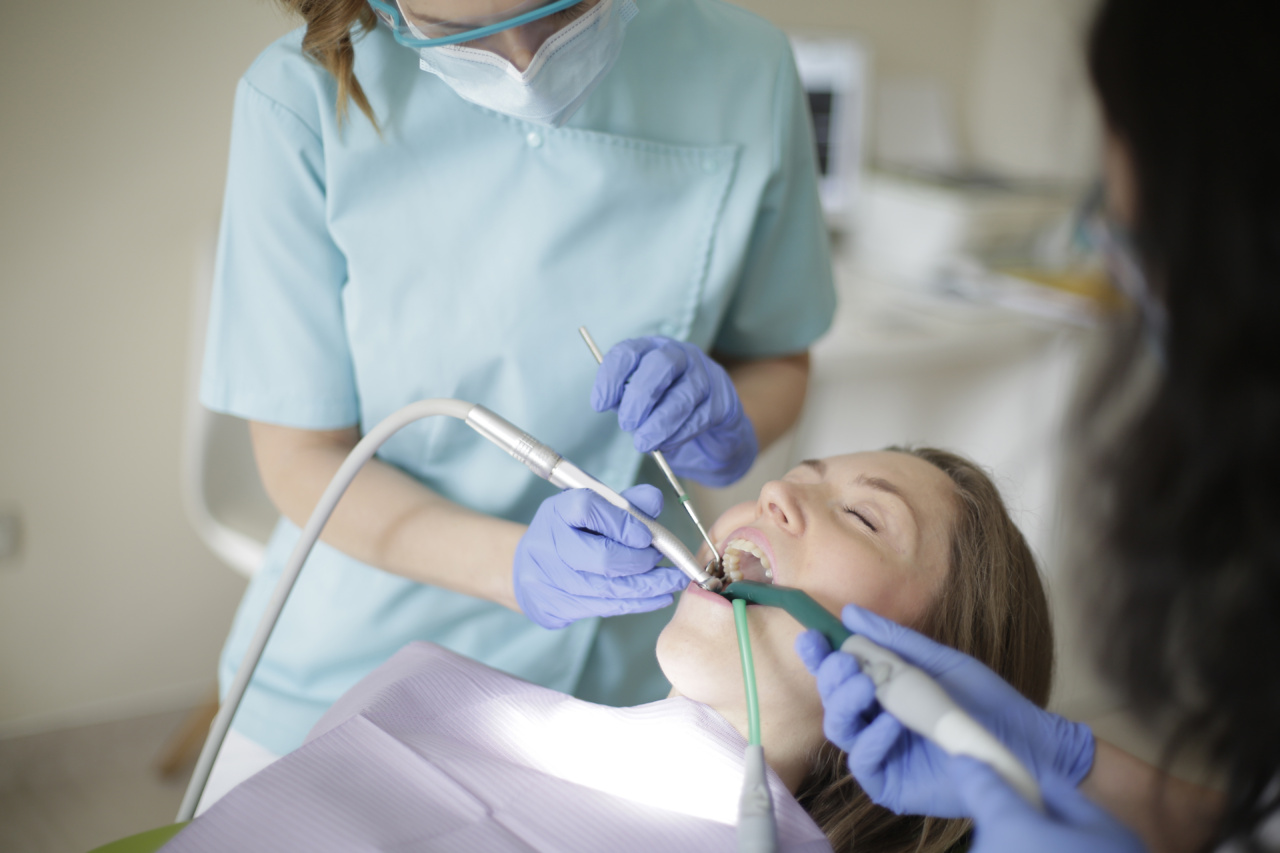If you are like most people, you probably do not give much thought to the safety of oral solutions that you consume.
Whether it is a medication, a dietary supplement, or even just a glass of water, we tend to assume that if we can swallow it without any immediate harm, it must be safe. However, this assumption is not always accurate. There are many factors that can impact the safety of oral solutions, and understanding these factors can help you make more informed decisions about what you consume.
Factors that Impact the Safety of Oral Solutions
There are several key factors that can impact the safety of oral solutions. These include:.
1. Active Ingredients
The active ingredients in an oral solution are the substances that provide its intended effects. These may be pharmaceutical drugs, vitamins, minerals, or other substances.
The safety of an oral solution depends on the safety profile of its active ingredients. Some substances are relatively safe at low doses but can cause harm at higher doses, while others may have side effects or interactions with other substances that can affect safety.
It is important to understand the risks associated with the active ingredients in any oral solution you consume.
2. Dosage
The dosage of an oral solution refers to the amount of the active ingredient that is included in a single dose. The safety of an oral solution can be impacted by both the total dosage consumed and the frequency of dosing.
Consuming too much of an active ingredient can result in toxicity or other harmful effects, while dosing too frequently can lead to accumulation of the substance in the body. Understanding the appropriate dose for an oral solution and following dosage instructions carefully is essential for ensuring safety.
3. Manufacturing Practices
The safety of an oral solution can also depend on the quality of its manufacturing. Poor manufacturing practices can result in contamination, inconsistent dosing, or other quality issues that can affect safety.
Manufacturers should follow good manufacturing practices (GMPs) and be subject to appropriate regulatory oversight to ensure that the products they produce are safe and effective.
4. Storage Conditions
The stability of an oral solution can be impacted by storage conditions. Exposure to light, heat, or moisture can degrade the active ingredients in a solution, reducing its effectiveness or introducing harmful byproducts.
Proper storage, such as in a cool, dry place, can help maintain the safety and efficacy of an oral solution.
5. Patient Factors
The safety of an oral solution can also be impacted by patient factors, such as age, health status, and other medications being taken.
Some active ingredients may be more or less safe for certain populations, such as children, pregnant or nursing women, or individuals with certain medical conditions. Additionally, some medications and supplements may interact with each other, potentially causing harm. Consulting with a healthcare provider before taking any oral solution can help identify potential risks and ensure safety.
Ensuring the Safety of Oral Solutions
To ensure the safety of oral solutions, there are several steps that can be taken:.
1. Read and Follow Label Instructions
Oral solutions should always be consumed according to their label instructions. This includes following dosage instructions carefully and taking the solution only as intended.
If you have any questions about how to take an oral solution, consult with a healthcare provider or the manufacturer.
2. Keep Track of Medications and Supplements
It is important to keep track of all medications and supplements being taken, including oral solutions. This includes prescription medications, over-the-counter medications, and dietary supplements.
This can help identify potential interactions and prevent accidental overdoses.
3. Store Solutions Properly
Oral solutions should be stored according to their label instructions, such as in a cool, dry place. If a solution requires refrigeration, it should be stored in the refrigerator.
Avoid exposing solutions to light, heat, or moisture, and discard any solutions that have expired or appear to have been contaminated.
4. Consult with a Healthcare Provider
Consulting with a healthcare provider before taking any new medication or supplement can help identify potential risks and ensure safety.
This is especially important for individuals with pre-existing medical conditions or who are taking other medications.
Conclusion
The safety of oral solutions is dependent on several key factors, including active ingredients, dosage, manufacturing practices, storage conditions, and patient factors.
To ensure the safety of oral solutions, it is important to follow label instructions, keep track of medications and supplements, store solutions properly, and consult with a healthcare provider when necessary.





























